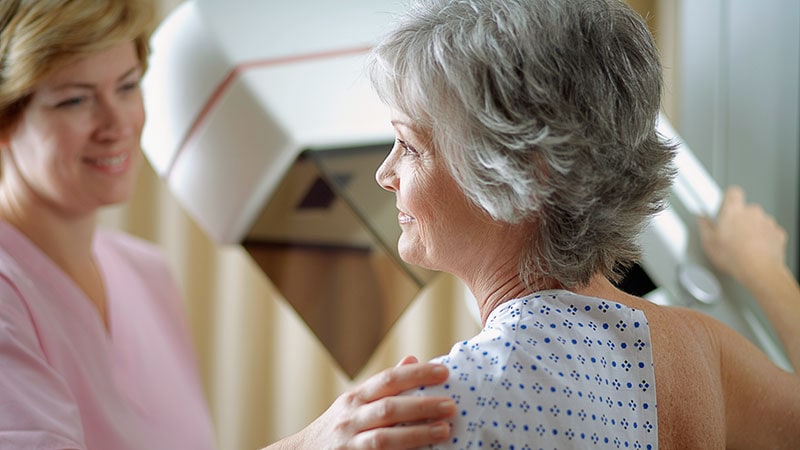Among patients with advanced oesophagogastric (OG) cancer, females experience higher rates of some chemotherapy toxicities, according to research from Royal Marsden Hospital NHS Foundation Trust.
The study, which was presented at the European Society for Medical Oncology Congress in Germany today (19 October 2018), analysed pooled data from 1654 patients in 4 multicentre trials of epirubicin, cisplatin, capecitabine (ECX), epirubicin, oxaliplatin, capecitabine (EOX), epirubicin, cisplatin, fluorouracil 5FU (ECF) or epirubicin, oxaliplatin, fluorouracil (EOF) chemo as the first-line treatment of advanced OG.
The analysis showed that while there was no significant difference in all grade or grade ≥3 toxicity between females and males (67.2% vs 62.8%; P=.19), females experienced significantly higher rates of all-grade (89.3% vs 78.3%; P<.001) and grade ≥3 (16.7% vs 9.5%; P<.001) nausea and vomiting. Females also experienced higher rates of diarrhoea (53.8% vs 46.9%; P=.027), stomatitis (49.5% vs 40.7%; P=.004) and alopecia (81.4% vs 74.3%; P=.009).
There was a trend towards increased rates of grade ≥3 neutropenia and febrile neutropenia (45.1% vs 40.4% and 11.8% vs 7.7%, respectively), although significance was not reached.
Males experienced significantly more peripheral neuropathy (49.3% vs 42.6%; P=.03).
There was no difference in PFS or OS by sex, although there was a trend towards higher overall response rate in males vs females (46.6% vs 40.4%), which approached significance (P=.051).
The study is the largest pooled analysis of sex effect on outcome and toxicity in patients with advanced OG cancer treated with equivalent first-line chemotherapy. The authors say the results suggest that further research on the issue is necessary.



